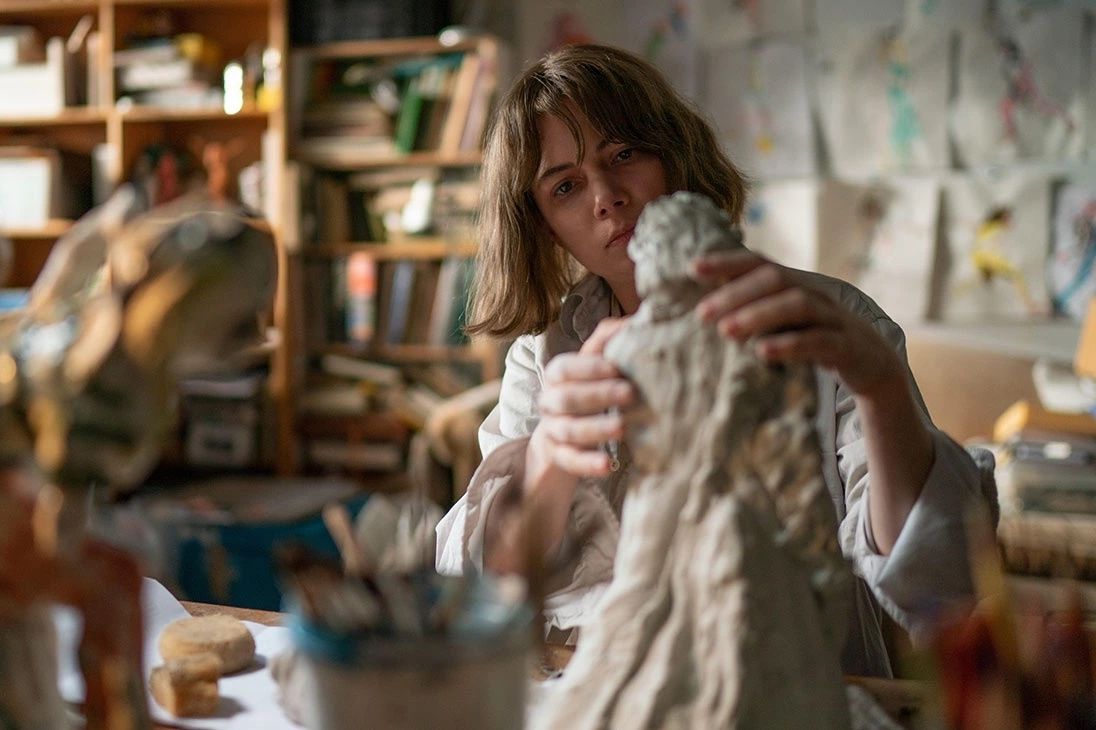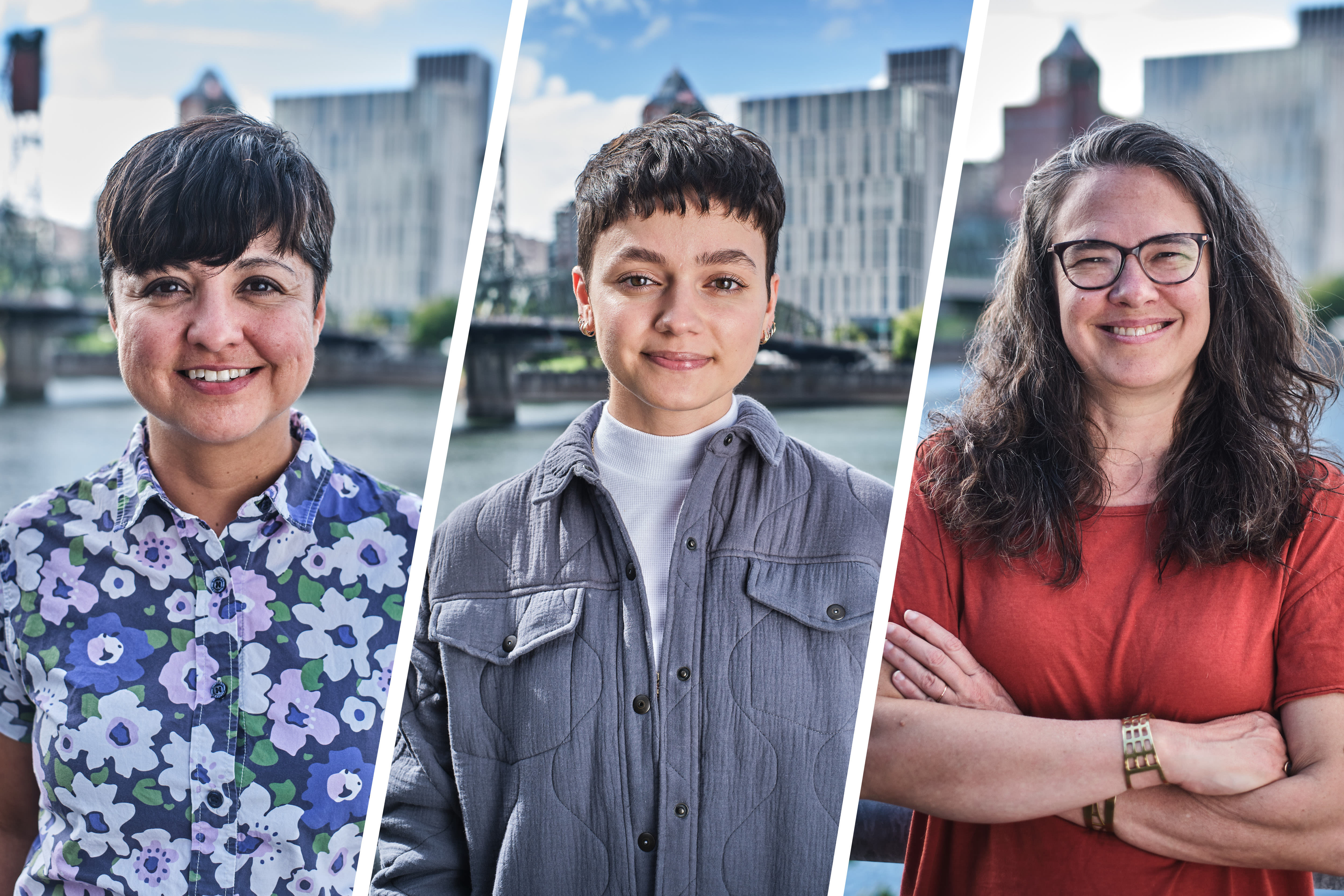Rifelion Changes Up the Script for American Muslims

King of the World is a new seven-part podcast series from Portland-based media company Rifelion
Image: Fahmida Azim
Twenty years on from the fateful day that the Twin Towers fell, Shahjehan Khan didn’t want to talk about 9/11 anymore—ever.
The guitarist, who fronts an indie punk band, had spent years dealing with the invasive questions and pat-downs from overzealous airport security and fielding queries from music journalists, tantalized by the provocative lyrics of his band, the Kominas (their first single was titled “Sharia Law in the USA”).
But when his childhood friend Asad Butt, the Portland-based founder of the start-up podcast production company Rifelion, reached out about the possibility of hosting a podcast about the post-9/11 American Muslim experience, Khan decided it was time for him to speak up.
“I'm the one that's telling the story instead of somebody telling it on my behalf,” Khan says. “Maybe there’s some value to that.”
The result is King of the World, a 7-part audio journey through family, addiction, music, and identity. It was released in the aftermath of another major cultural and political turning point: the murder of George Floyd.
It was Floyd’s death, and the subsequent protests in downtown Portland, that helped motivate Butt to leave his life as a startup adviser and return to his roots in creative media to start Rifelion.
“The overwhelming acceptance of people of color and excitement to learn about a diversity of people is palpable when you walk down the street,” he says. “The protests and social media activity were really inspiring.”
Butt is also the host of Rifelion’s other flagship podcast, The American Muslim Project. Previous episodes include interviews with authors, entrepreneurs, scientists, and chefs. The goal, Butt says, is to celebrate their achievements and counter “the prevailing narrative that we are violent, extremists, non-democratic, and un-American.”
Portland might seem an unlikely home for a podcast network that hopes to be a platform for American Muslim stories—the city is not a center of Muslim life in the US, like, say, Detroit and its suburbs are. But according to Butt, that’s exactly why the city needs one. A relatively new transplant to Portland and a native of Boston, he’s hoping Rifelion can help build community and provide creative opportunities for Muslims in Portland; beside the two current podcasts on their roster, future plans call for an expansion into television and film, with stories centered on Muslims, Asians, and South Asian immigrants.
As for Khan, working with Rifelion was an opportunity to take charge of his personal narrative and start anew. In the last two decades, Khan has worked as an actor, a voice-over artist, and a musician. The beginning of his band back in 2005 was an immediate whirlwind of press and attention. The Kominas started getting media requests after posting just two singles up on their Myspace page.
But so many eyes on such a young band can be a blessing and a curse. Quickly, a kind of “clash of the civilizations” narrative unfolded, with (often white) journalists balking at the oddity of Muslim American punks. Khan didn’t have a lot of say in shaping that narrative. But King of the World was a shot at a story that was his to tell.
Telling his story wasn’t easy. It meant talking through some hard things like addiction, violence, and Islamophobia with family and friends. For his part, Butt says he hopes that King of the World will serve as a catalyst for these difficult conversations across America, as well as a source of solidarity and education for American Muslims. “In South Asian and Muslim communities, we don’t talk about these things with each other at all,” Butt says.
And as with Khan’s story, Butt expects 9/11 will continue to be a through line. Already, he says, “75 percent of the guests, maybe more, talk about how 9/11 was a big issue for them, especially for people who came of age at that time. For better or for worse, it was a big deal.”




